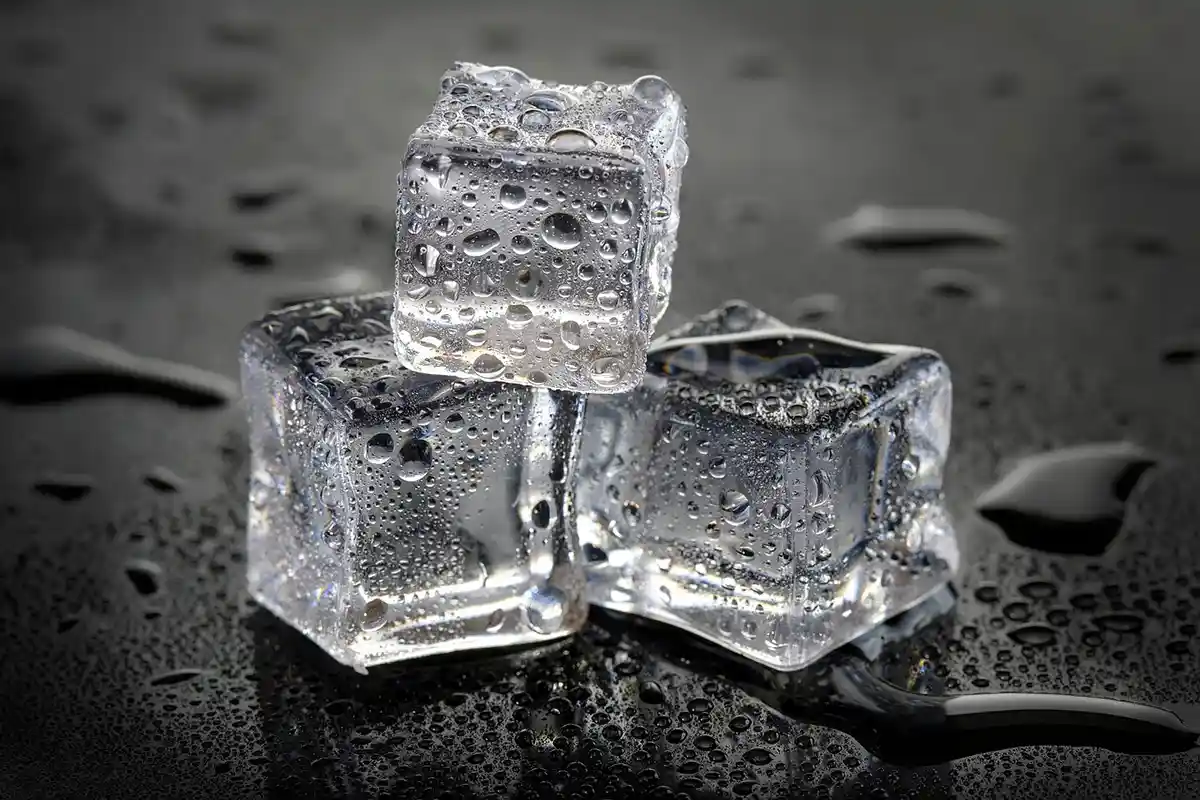Proper storage of ice cubes is essential to maintain their quality, freshness, and cleanliness. Whether you’re using ice cubes for chilling beverages, making cocktails, or creating refreshing treats, following the right storage practices will ensure that your ice cubes are ready to serve whenever you need them. In this article, we’ll explore the best practices for storing ice cubes to keep them fresh and ready for use.
Introduction
Ice cubes are a versatile and essential component of many everyday activities, from cooling down drinks to preserving food. Proper storage of ice cubes is crucial to maintain their quality, prevent contamination, and ensure they’re ready for use at any time. Let’s dive into the best practices for storing ice cubes and keep them fresh and clean for all your chilling needs.
The Importance of Proper Ice Cube Storage
Proper storage of ice cubes offers several benefits:
- Freshness: Correct storage practices help preserve the freshness and quality of the ice cubes, preventing them from absorbing unwanted odors or flavors.
- Cleanliness: By following storage guidelines, you can ensure that the ice cubes remain clean and free from contaminants, maintaining their hygienic properties.
- Convenience: Organized storage allows easy access to the ice cubes, ensuring they’re readily available whenever you need them.
Choosing the Right Storage Container
Selecting the appropriate storage container for your ice cubes is essential. Consider the following factors:
- Clean and Odor-Free: Choose a container that is clean and free from any lingering odors. Avoid using containers that have previously stored strong-smelling foods or substances.
- Airtight Seal: Opt for a container with an airtight seal to prevent the ice cubes from absorbing odors or contaminants from the surrounding environment.
- Sufficient Capacity: Ensure that the storage container has enough capacity to accommodate the quantity of ice cubes you typically need. Consider the frequency of use and available freezer space.
- Stackable Design: If storage space is limited, consider stackable containers that allow efficient use of vertical freezer space.
Avoiding Contamination
To maintain the cleanliness and purity of your ice cubes, follow these guidelines:
- Use Clean Ice Cube Trays: Ensure that the ice cube trays you use are clean and free from any residues or contaminants. Wash them thoroughly before each use.
- Filtered Water: Use filtered or purified water to fill the ice cube trays. This helps ensure that the ice cubes are free from impurities that may affect their taste or quality.
- Hygienic Handling: Wash your hands thoroughly before handling the ice cubes or the storage container to prevent any transfer of bacteria or contaminants.
Handling and Transferring Ice Cubes
Proper handling and transferring techniques are essential to prevent contamination and maintain the integrity of the ice cubes:
- Use Clean Utensils: When transferring ice cubes from the trays to the storage container, use clean utensils to avoid introducing any dirt or contaminants.
- Avoid Touching Ice Cubes with Bare Hands: Handle the ice cubes with clean utensils or wear disposable gloves to minimize the risk of bacterial transfer.
- Do Not Refreeze Melted Ice Cubes: Once ice cubes have melted, it’s best to discard them rather than refreezing them. Refreezing melted ice cubes may result in lower quality and potential bacterial growth.
Preventing Odor Absorption
To prevent ice cubes from absorbing unwanted odors and flavors, consider the following tips:
- Store Away from Strong-Smelling Foods: Keep the storage container away from foods with strong odors, such as onions, garlic, or pungent cheeses. These odors can easily transfer to the ice cubes.
- Separate Storage: If possible, dedicate a specific area in the freezer for ice cube storage. This helps minimize the chances of odor contamination.
- Use Odor-Absorbing Materials: Place odor-absorbing materials, such as baking soda or activated charcoal, near the ice cube storage area to help absorb any lingering odors.
Regular Cleaning and Maintenance
Maintaining cleanliness and hygiene is crucial for proper ice cube storage. Follow these practices:
- Regular Cleaning of Storage Containers: Clean the storage containers regularly using warm water and mild dish soap. Rinse thoroughly to remove any soap residue before drying and refilling with fresh ice cubes.
- Clean Freezer Space: Periodically clean the freezer to remove any spills, debris, or ice build-up that may affect the quality of the ice cubes.
- Rotate Ice Cubes: To ensure freshness, rotate the ice cubes regularly by using the older cubes first and refilling the storage container with freshly made ones.
Freezer Temperature Considerations
Freezer temperature plays a vital role in ice cube storage. Consider the following:
- Optimal Freezer Temperature: Set your freezer temperature to 0°F (-18°C) or below. This ensures that the ice cubes remain properly frozen and ready for use.
- Avoid Frequent Temperature Fluctuations: Limit the frequency of opening the freezer door unnecessarily, as it can cause temperature fluctuations that may affect the quality of the ice cubes.
Conclusion
Proper storage of ice cubes is crucial to maintain their quality, cleanliness, and freshness. By following the best practices outlined in this article, you can ensure that your ice cubes are always ready to serve, whether for chilling beverages, creating culinary delights, or preserving food. Embrace these storage guidelines and enjoy the convenience and satisfaction of having fresh ice cubes whenever you need them.
FAQs (Frequently Asked Questions)
- How long can I store ice cubes in the freezer?
- Ice cubes can be stored in the freezer for several weeks if properly stored in an airtight container. However, it’s recommended to use them within a reasonable time frame to maintain their quality and freshness.
- Can I store ice cubes with other frozen food items?
- It’s best to store ice cubes separately from other frozen food items to prevent any potential cross-contamination or transfer of odors.
- Can I store ice cubes in plastic bags?
- While plastic bags can be used for temporary storage, it’s recommended to transfer the ice cubes to an airtight container for long-term storage. Plastic bags may not provide sufficient protection against odors and contaminants.
- Can I store leftover ice cubes after using them in drinks?
- It’s generally not recommended to store ice cubes that have been used in drinks, as they may have come into contact with bacteria or contaminants from the drink. It’s best to discard any unused ice cubes and make fresh ones for future use.
- How often should I clean the ice cube storage container?
- Clean the storage container regularly, ideally every 1 to 2 weeks, or more frequently if necessary. Regular cleaning helps maintain cleanliness and prevents the build-up of odors or contaminants.
By following these best practices, you can keep your ice cubes fresh, clean, and ready for use. Enjoy the convenience and satisfaction of having high-quality ice cubes available whenever you need them.









